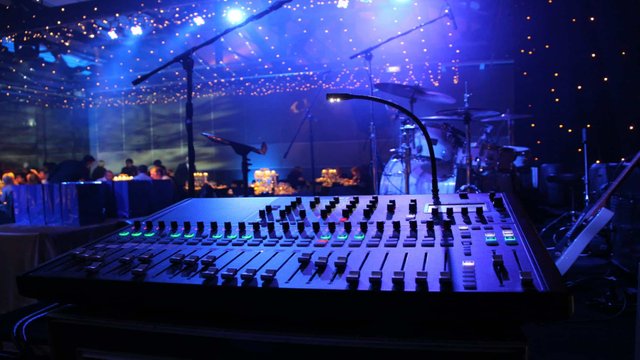How Do Sound Technicians Handle Live Concert Disasters and Equipment Failures
Live concerts are filled with energy, but sound-related problems can strike at any moment. A faulty cable, a power issue, or a dead microphone can affect the entire performance. Sound technicians must react immediately to avoid noticeable disruptions.
This article looks into how professionals deal with such issues during a live show. If you are a sound technician, these steps will help you understand what to do when problems happen.
Checking Equipment Before the Concert
The work starts before the crowd arrives. Sound technicians go through each piece of gear to confirm everything works properly. This includes microphones, mixers, speakers, in-ear monitors, and all connecting cables.
They also run a soundcheck with the performers. During this time, they balance volume levels, make notes, and verify signal clarity. This step helps spot problems early so they don’t show up during the actual concert.
Keeping Spare Equipment Ready
Backups are always nearby. Technicians usually have extra microphones, cables, DI boxes, and sometimes a second mixer on standby. These items are placed near the mixing area or backstage so they can be swapped in quickly.
For wireless setups, technicians use different frequencies to avoid signal issues. Some also run wired connections alongside wireless systems in case something cuts out.
Fixing Issues During the Show
While the concert is running, sound technicians monitor sound levels using meters and software. If something fails, they act immediately.
For example, if a microphone stops working, a backup is handed over by a crew member. If a guitar loses output, the technician may plug it straight into the mixing board.
If a specific channel causes a problem, the technician may mute it and reroute the signal quietly without interrupting the performance.
Fast Communication
Sound crews use headsets or hand signals to stay connected. This helps them talk to stagehands, lighting crews, and sometimes the performers.
If a monitor goes silent, the performer may signal the crew. The monitor engineer can then adjust the feed or replace the monitor without stopping the music.
A tecnico de sonido Valencia is trained to watch the stage carefully. They often catch issues before the artist even points them out.
Responding to Power Issues
Sometimes, a power problem might affect the equipment. To deal with this, technicians use power units that allow gear to stay active long enough to reset.
Key parts of the sound system are placed on separate power lines. If one goes out, the other keeps working. Once power is restored, the technician restarts the system step by step, like beginning with the mixer and moving to other equipment after that.
Conclusion
Sound technicians are always working in the background. When something breaks or stops working, they solve it quietly and fast. Their planning before the concert and actions during the show are what keep everything running smoothly.
